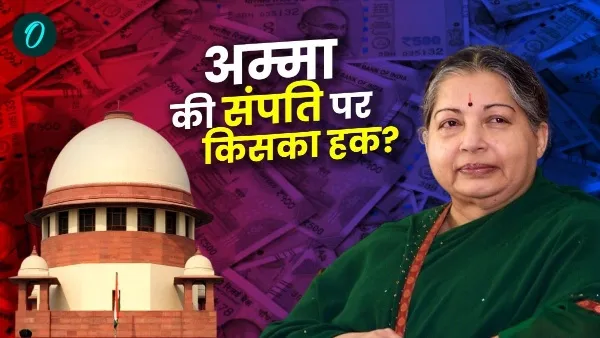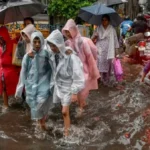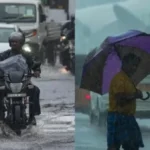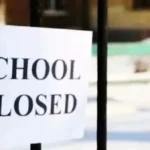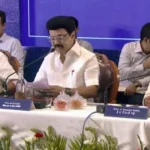Chennai News: The court has delivered a significant verdict regarding the assets of former Tamil Nadu Chief Minister and late actress Jayalalitha. After years of legal proceedings, the confiscated assets worth crores will now belong to the Tamil Nadu government. Following her demise, all her assets were under the custody of the Karnataka government. On February 14, a court in Bangalore ruled on this matter.
The confiscated assets include gold and silver jewelry as well as thousands of acres of land, which have now been handed over to the state government.
Why were Jayalalitha’s confiscated assets worth crores given to the Tamil Nadu government? Why weren’t they transferred to her legal heir? What is the controversy surrounding Jayalalitha’s assets? Let’s delve into the details of this case.
Between 1996 and 2001, the DMK government of Tamil Nadu filed dozens of cases accusing her of corruption in a disproportionate assets case. Jayalalitha was alleged to possess assets worth over 63 crores, far exceeding her known sources of income. After an 18-year legal battle, a special court in Bangalore convicted her on September 27, 2014, sentencing her to four years in prison and imposing a fine of 100 crores.
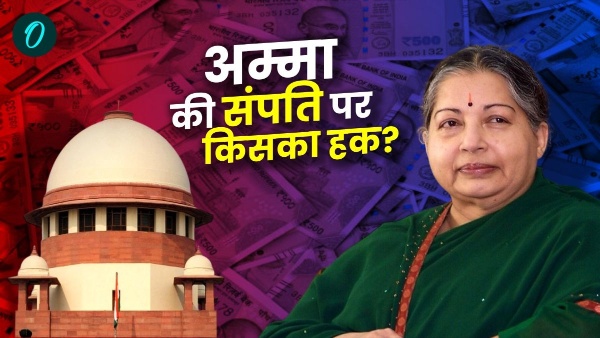
During this period, the former Tamil Nadu CM Jayalalitha was arrested for the first time in the disproportionate assets case. Investigations by the CBI and Income Tax revealed crores worth of gold and silver jewelry, expensive sarees, and a luxurious collection of watches, which were later published in newspapers with photographs by the then-government.
The confiscated assets included a gold sword, a gold crown, and a gold spinning wheel. Additionally, the Karnataka government held 1,526 acres of land belonging to Jayalalitha, along with 27 kg of gold and 1,126 kg of silver jewelry. All these assets have now been transferred to the Tamil Nadu government.
Supreme Court Declares Assets Illegally Acquired
In May 2015, the Karnataka High Court acquitted Jayalalitha, allowing her to return as Chief Minister and win the 2016 assembly elections. However, in February 2017, the Supreme Court overturned the High Court’s decision, upholding the verdict of the special court in Bangalore.
After Jayalalitha’s death in 2016, the Supreme Court intervened, leading to the confiscation of all her assets. The court ruled that these assets were illegally acquired by Jayalalitha and her relatives, hence neither she nor her heirs had any rightful claim. However, her niece J. Deepa filed a petition in the Supreme Court, staking her claim and demanding the return of the assets.
Confiscated Assets Handed Over to Tamil Nadu Government
On February 14, 2025, the Supreme Court dismissed J. Deepa’s petition, rejecting her claim over the assets. Subsequently, on February 15, 2025, the CBI court in Bangalore ruled that the confiscated assets be transferred to the Tamil Nadu government. Reports suggest that, respecting public sentiment, the court refused to auction the assets and instead directed the Tamil Nadu government to utilize them for social welfare.
Chennai
Tamil Nadu
Jayalalitha
(Note: If you meant a place or site named “Jayalalitha,” please clarify, as it may refer to a memorial or institution honoring her, such as the *Jayalalithaa Memorial* in Chennai.)
Karnataka
Bangalore
DMK
Let me know if you meant a different “DMK”!
CBI
If referring to another “CBI” (e.g., **Crossroads Bible Institute** or **Confederation of British Industry**), please specify for a tailored summary.

